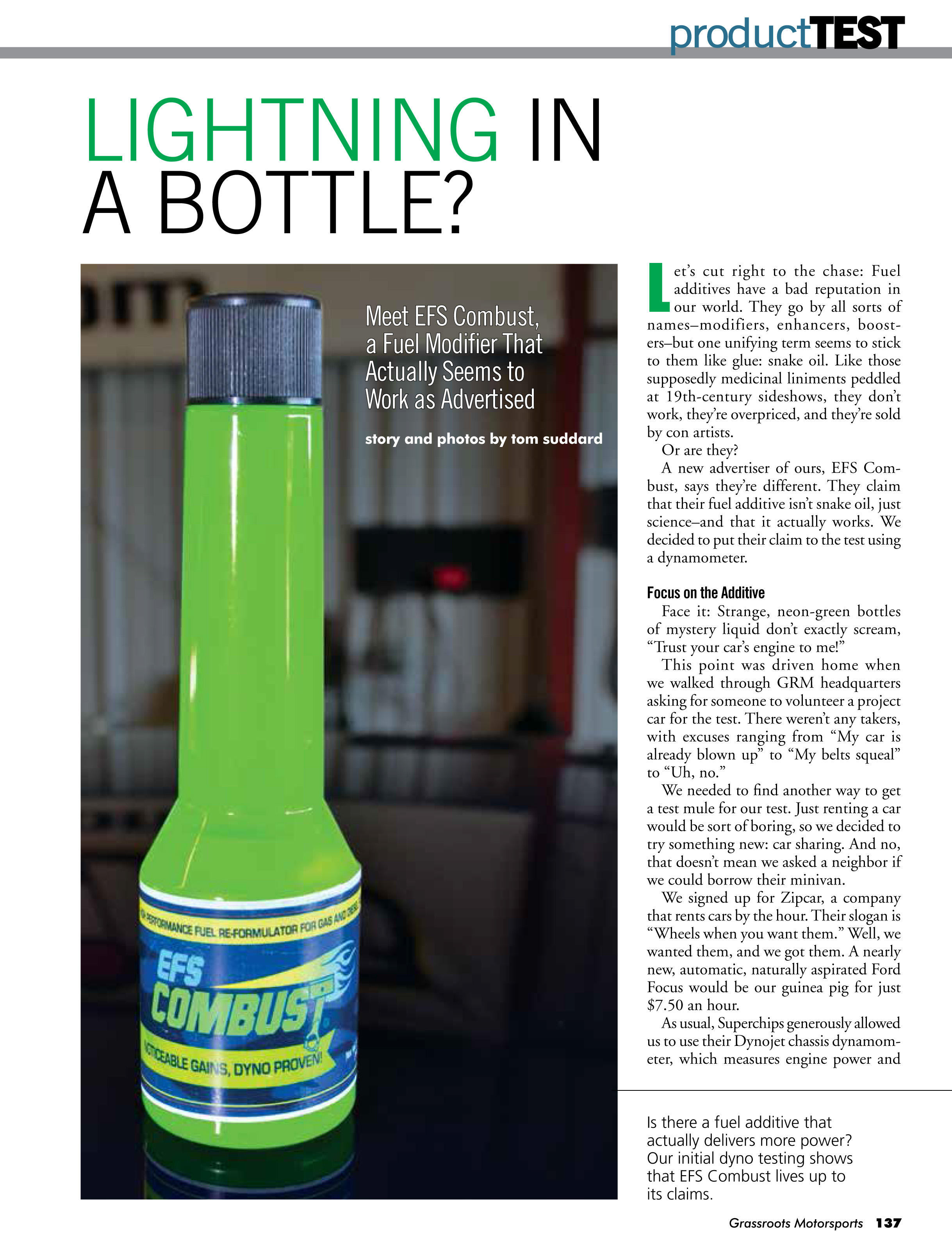So, as in the title really. I see so many claims of fuel system cleaners saying "Restores power" etc etc, but I have never seen anyone successfully prove these claims, whether that's long term or short term while the "cleaner" is in the tank.
Does anyone here actually know of any proven cleaners / additive that actually make a noticable difference?
Does anyone here actually know of any proven cleaners / additive that actually make a noticable difference?


